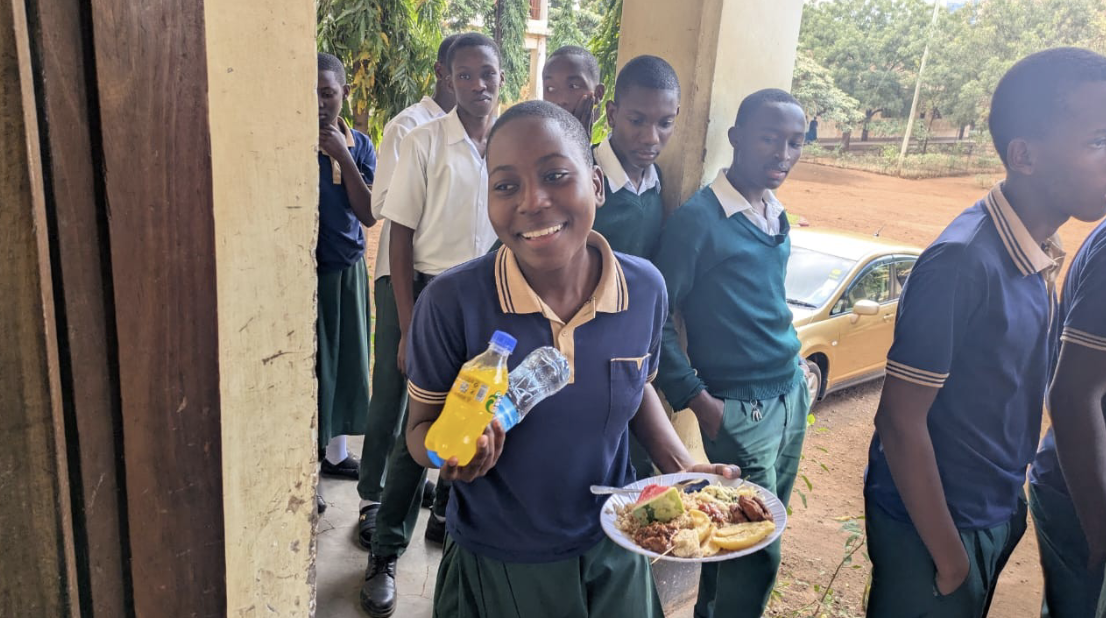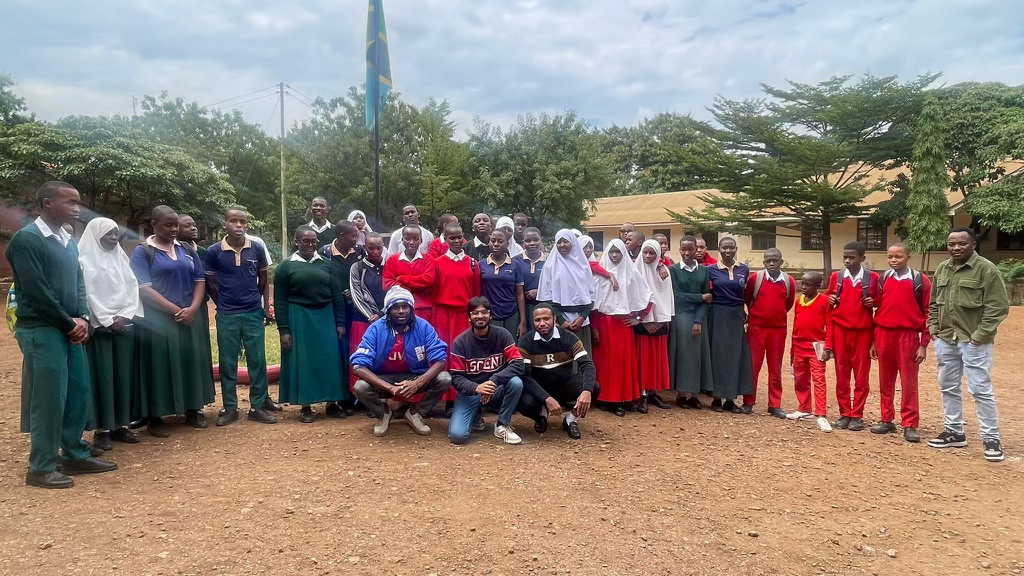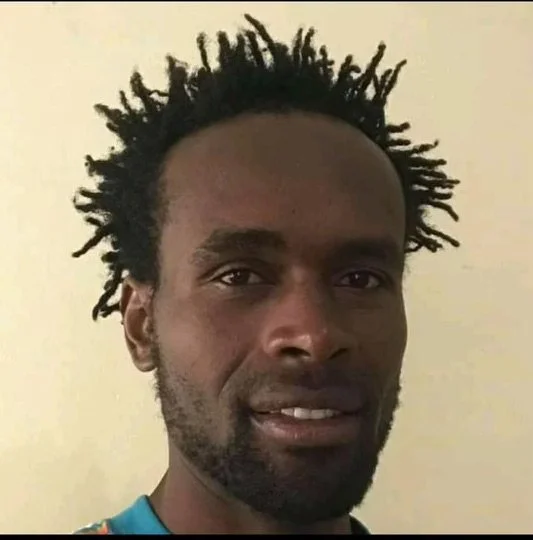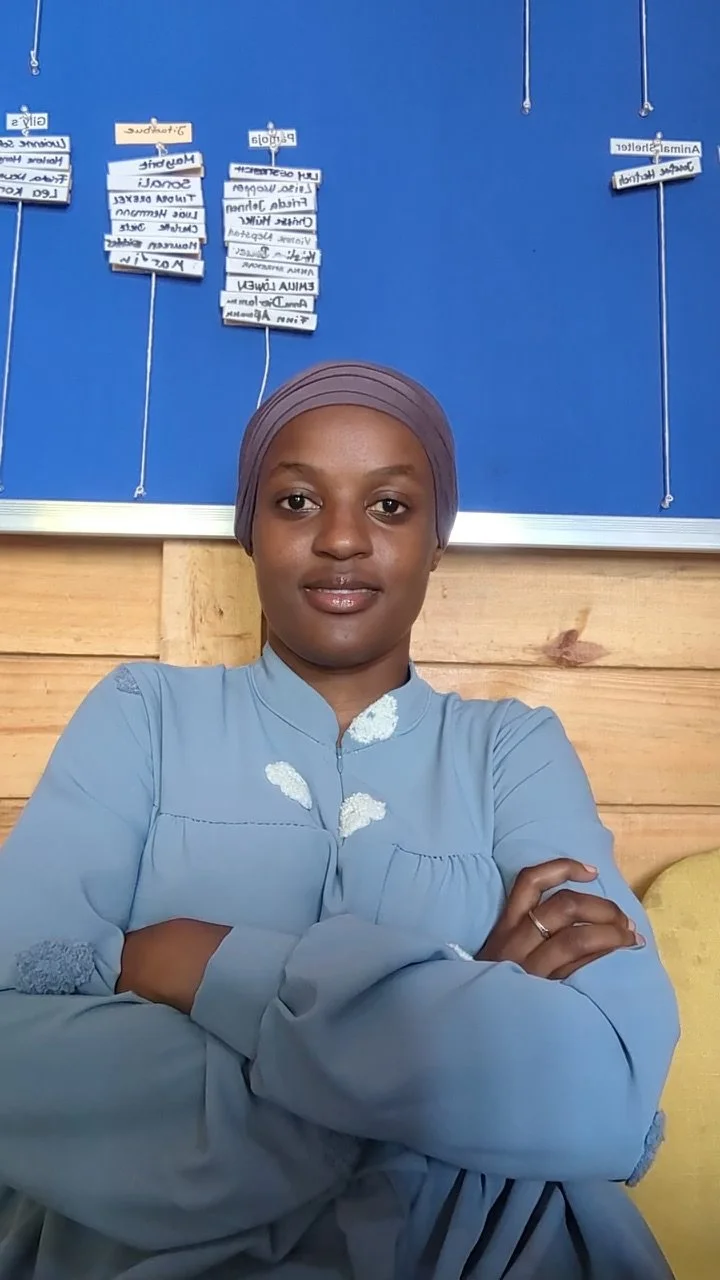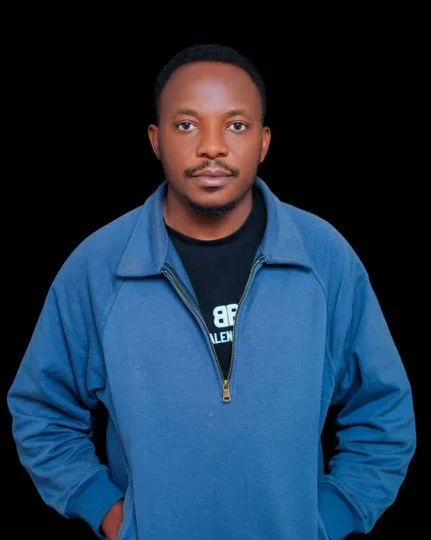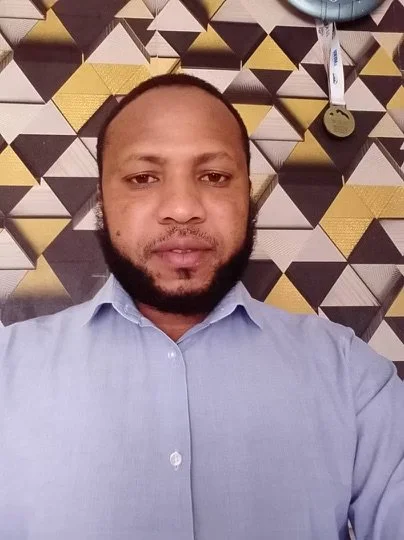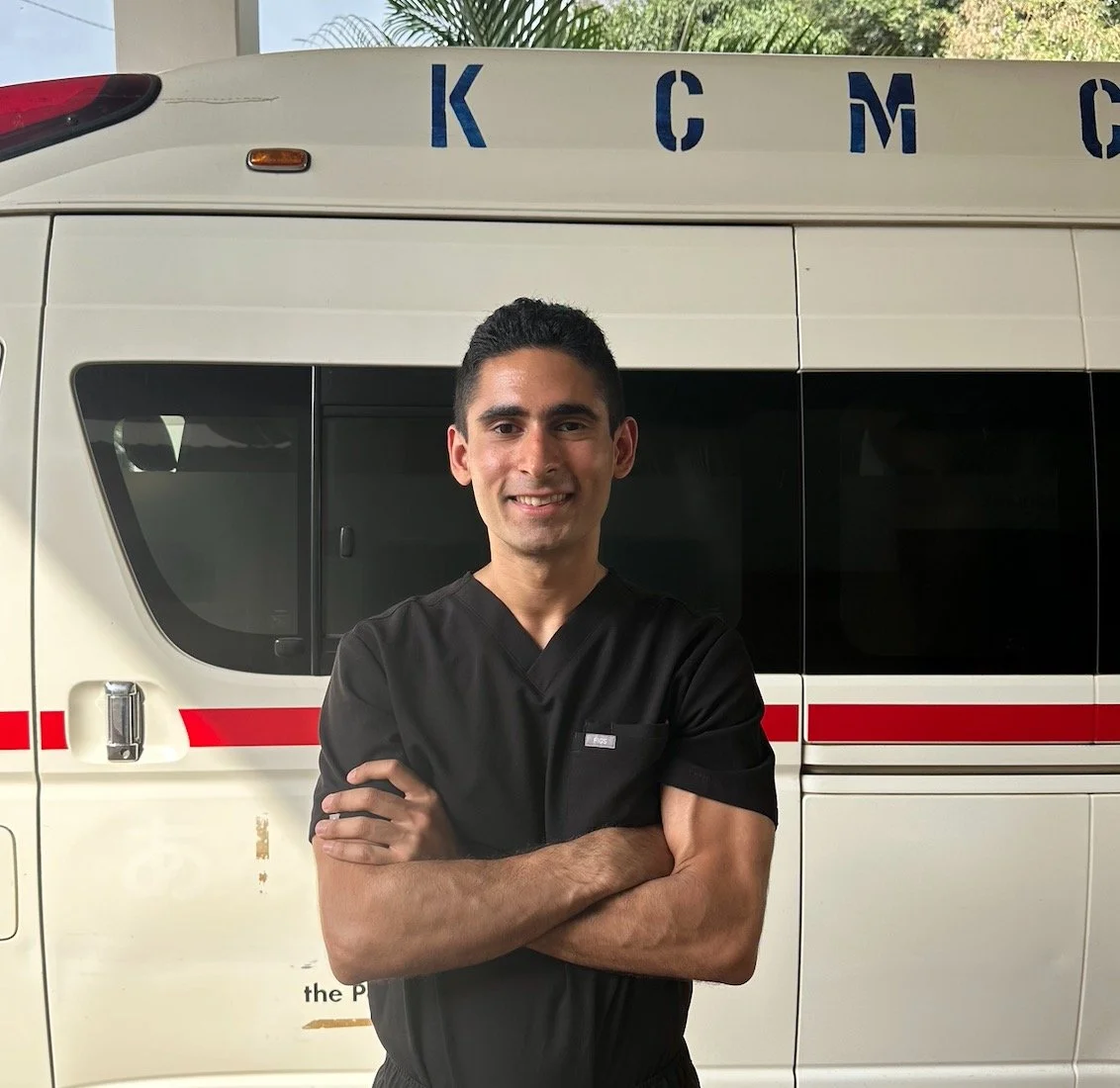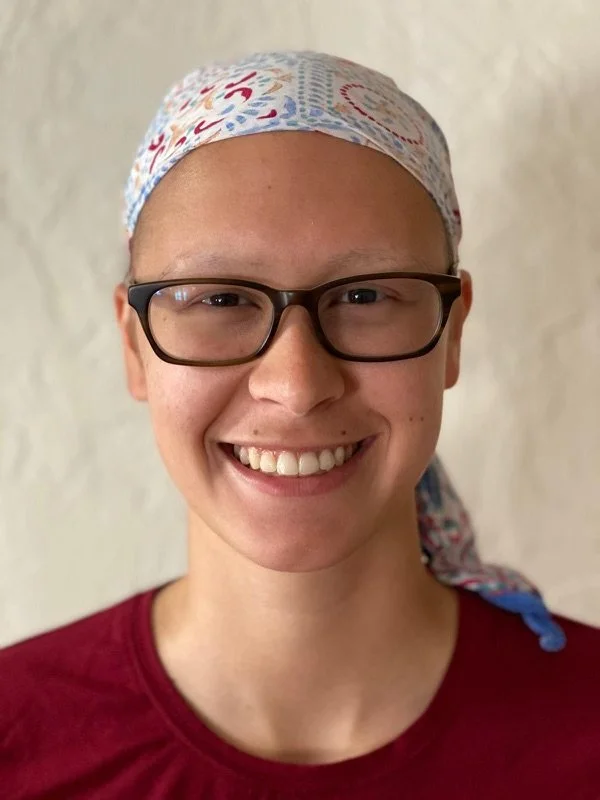AfyaVision
Kilimanjaro, Tanzania
In June 2025, GHSEN Global Research was awarded a $10,000 Citizen Action Diplomacy Fund (CDAF) grant by the United States Department of State. This funding enabled the launch of AfyaVision: English for Tanzania’s Next Health Leaders, a specialized English language program designed to prepare Tanzanian students for healthcare careers, including roles as doctors, nurses, clinical officers, and community health workers.
About AfyaVision
English proficiency in Tanzania is generally low, as Swahili is the national
language. Many students in Tanzanian government schools face difficulties with English, which can hinder their ability to access medical education since it is delivered primarily in English. This language barrier limits the number of students able to pursue healthcare training, which further exacerbates the country’s severe shortage of healthcare providers. Currently, Tanzania has only three doctors for every 100,000 people.
The Challenge
AfyaVision Provides a Bridge to Global Medical English
AfyaVision directly addresses this challenge by providing students with the English language skills they need to succeed in medical fields. The program uses interactive classes, workshops, and practical simulations to boost students’ medical vocabulary and their ability to communicate with patients. Each week, the curriculum centers on a specific health topic such as infectious diseases or maternal health, strengthening students’ understanding of both medical English and global healthcare standards.
AfyaVision was implemented at Kiusa Secondary School in Kilimanjaro. Over ten weeks, the program engaged four local English language teachers and three international volunteers to work with 50 Tanzanian students from local government schools. The initiative resulted in significant improvements in the students’ English proficiency and overall confidence in using medical terminology.
Summer 2025 Impact
Program Directors
Summer 2025 AfyaVision Curriculum
Week 1: Preparation
Week 2: Patient Demographics and the Body
Week 3: Cold and Flu Symptoms and Infectious Diseases
Week 4: Non-Communicable Diseases and Injuries
Week 5: Medications and Scheduling
Week 6: Nutrition and Maternal Health
Week 7: Mental Health and Labs
Week 8: Comprehensive Patient Interview Practice
Week 9: Final Evaluation and Review


